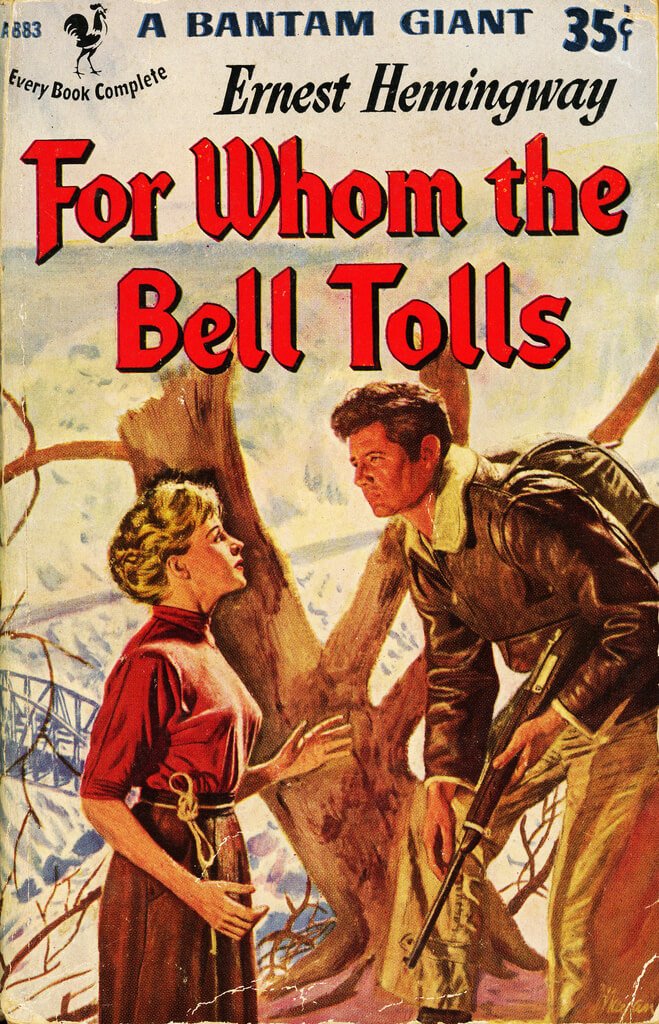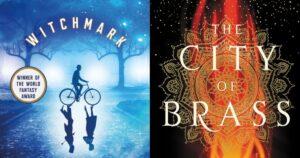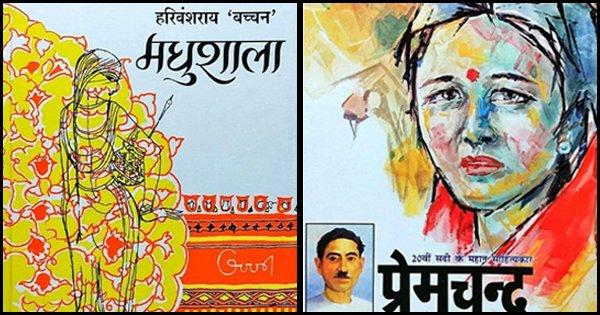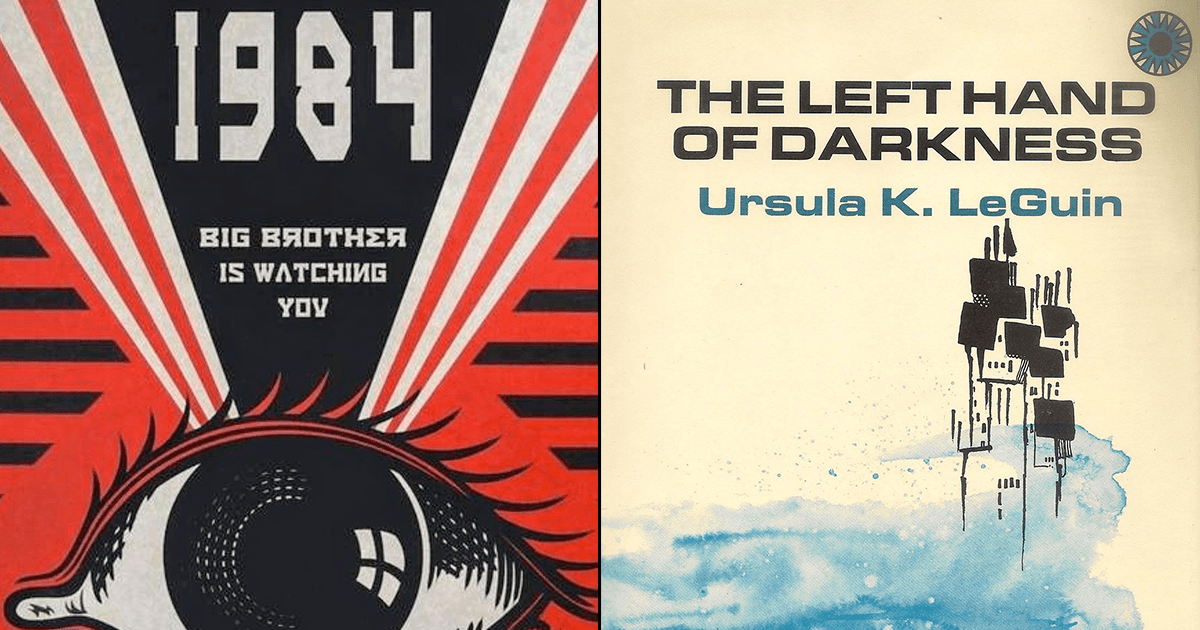Throughout history, a number of authors have antagonised authority with their works. Some never made it to the public. But some brilliant books were able to escape the bans and create waves of awakening amongst the people. Because this week is the Banned Books Week, we decided to take a look at a list of books and their authors, who faced censorship. We are lucky, very lucky to be able to read the works of these very famous authors.
1. Harry Potter by J. K. Rowling
She practised witchcraft, apparently.
Thank God this was not banned! She was accused of actually practising witchcraft. Oh and some ardent churchgoers actually accused her of using real spells in the books.
*Accio common sense!*
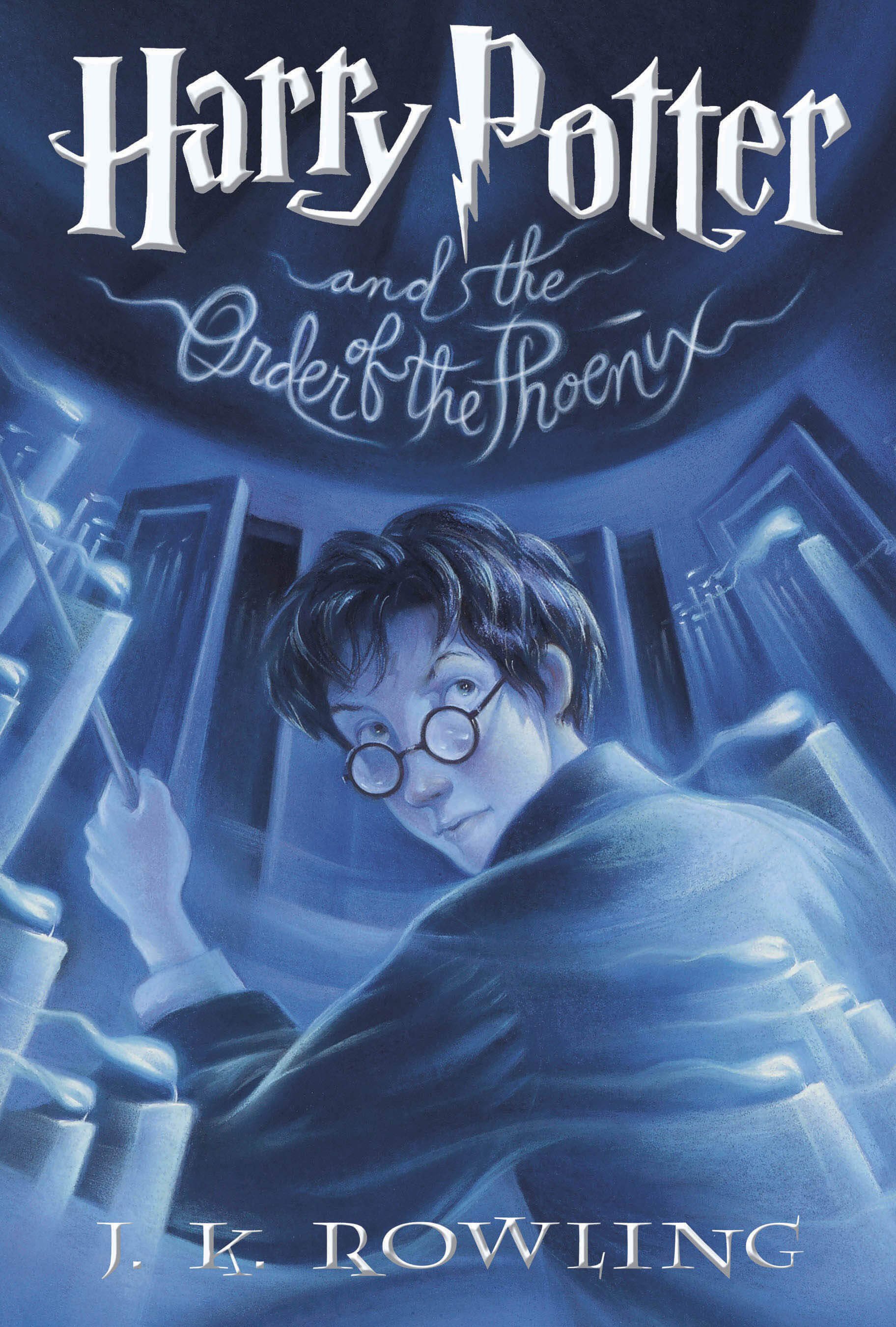
2. Forever by Judy Blume
She tried to open up young women to planned parenthood through her books, which of course, is unacceptable.
Ah, the woman who took many girls through puberty. When people were cowering from teenage pregnancies, she was a step ahead and promoted planned parenthood. In the 90’s. So yeah, the ugly head of censorship rose against her too.
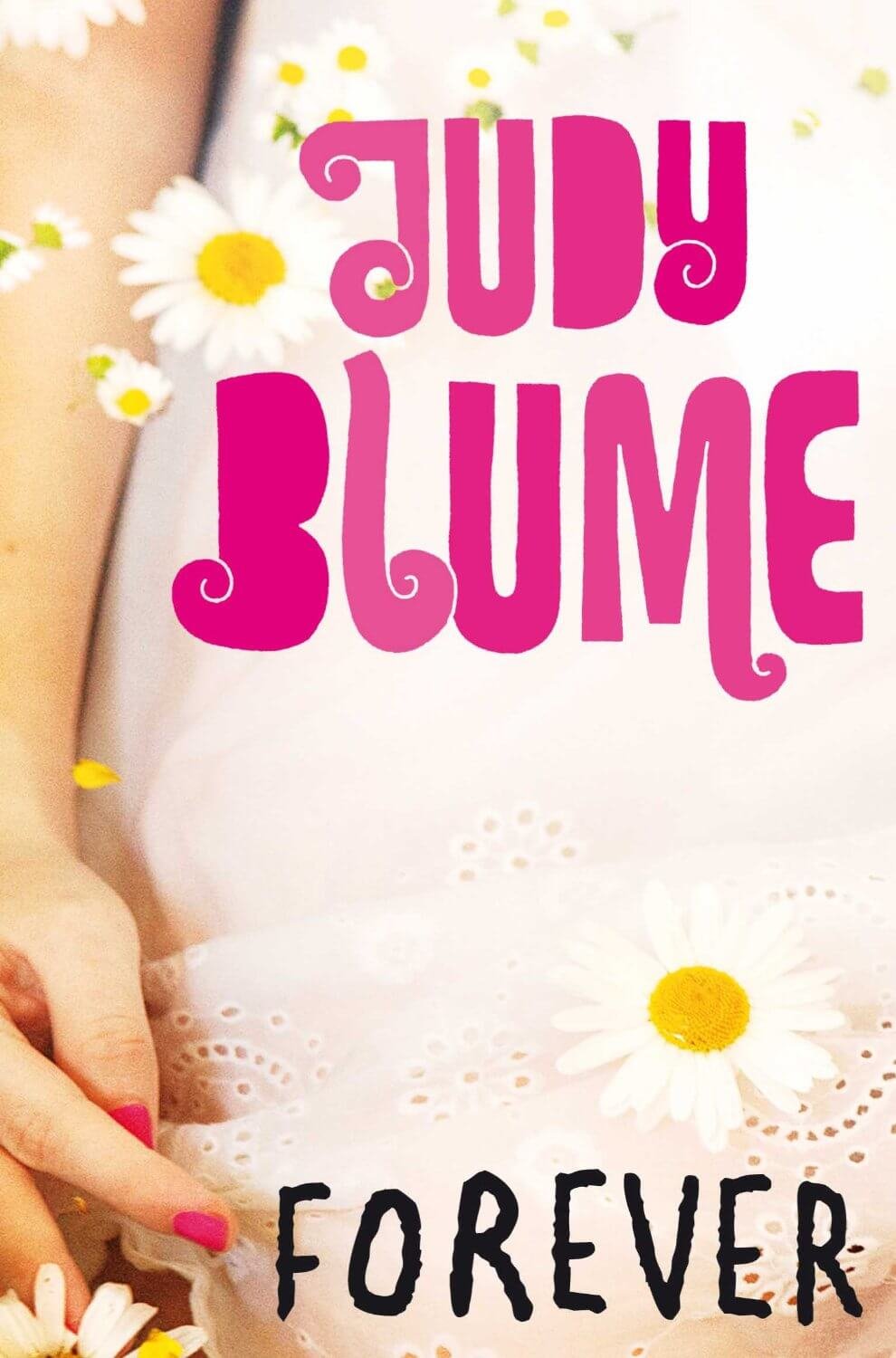
3. A Thousand Splendid Suns by Khaled Hosseini
The reality of the situation of the people of Afghanistan was too cruel to be made public.
He visited Afghanistan in 2003 and was moved by the plight of the people, especially women. This was what came out as the wonderful book, A Thousand Splendid Suns. But he too faced censorship because the issues were ‘too sensitive and fabricated’ for the general audience. Like, seriously?
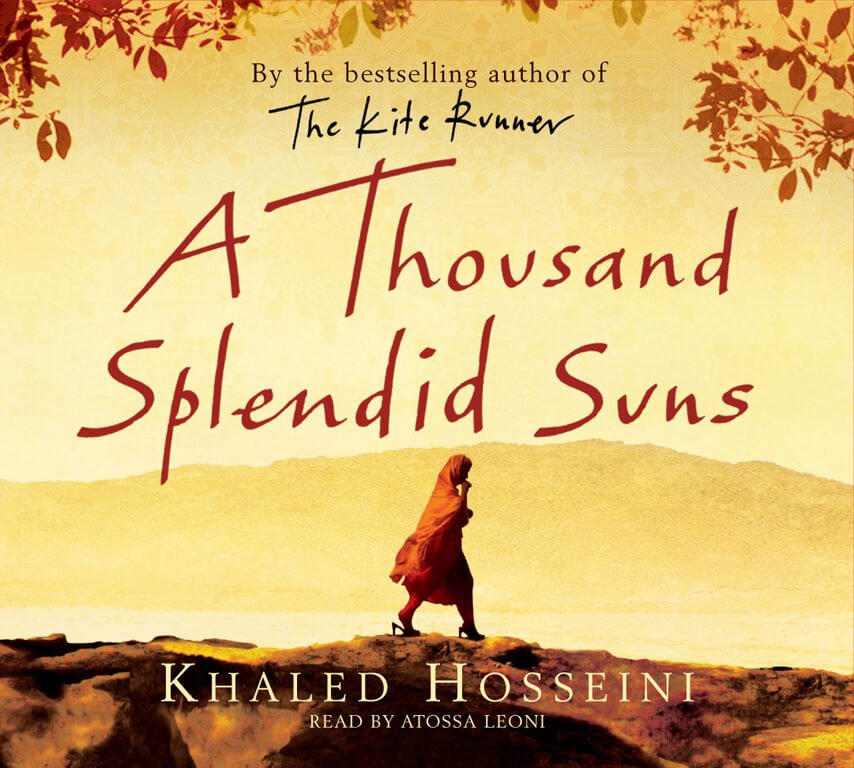
4. Adventures of Huckleberry Finn by Mark Twain
He tried to question racism and the perils of Industrial Revolution.
He proved that the pen is mightier than the sword. He brilliantly used the genre of children’s fiction to bring out the miseries that Industrial Revolution brought for the commons. He also happens to be one of the first to address racism. And boy, were people mad.
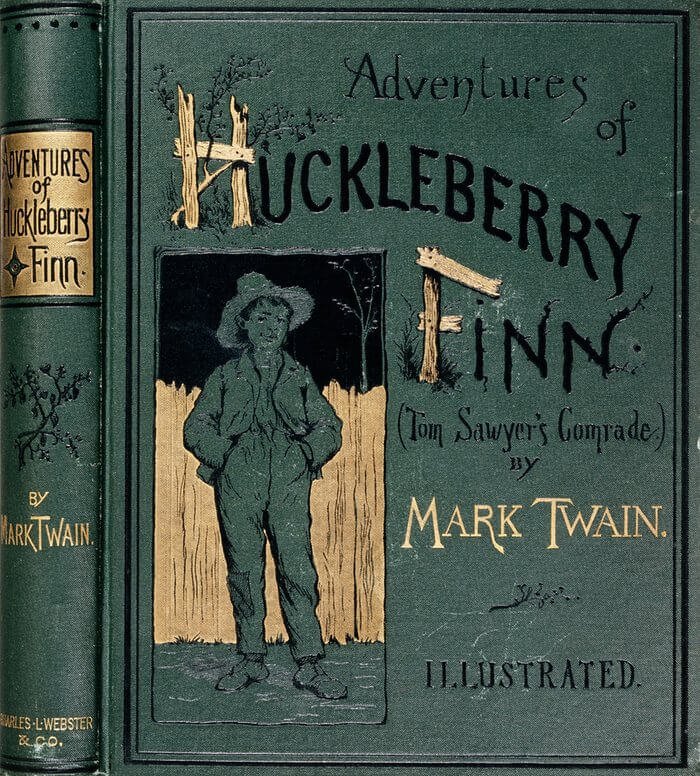
5. Gulliver’s Travels by Jonathan Swift
Questioned the government and every national debate that existed.
Gulliver’s Travels is not children’s fiction. It’s one of the darkest novels that examines the working of the then English Bureaucracy. He had written the books anonymously. The authorities had a reward on his head, they just wanted to find him (and would decide what to do with him later). Kyunki, sachch hamesha kadwa hota hai.
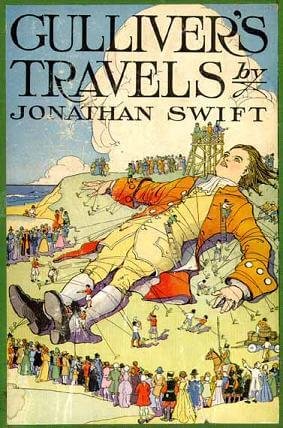
6. The Color Purple by Alice Walker
Brought out with blatant honesty what cruelty against the Blacks looked like.
The Color Purple was a text that explored Black lives and suffering in such detail, it scared people. It explores racism, physical and mental abuse, rape and violence – of course people could not take it. We’re again thankful it was saved from the clutches of censorship.
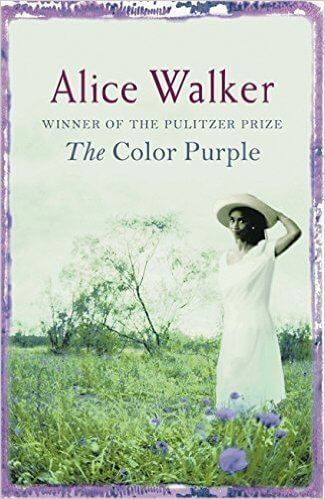
7. The Lord Of The Rings by J.R.R. Tolkien
He was too ‘fantastical’ for religious sentiments (yes, you may laugh).
This was the book that inspired the brilliant Harry Potter series. And it’s still challenged for being ‘unhealthily fantastical’ and ‘sacrilegious’. I don’t even want to begin to explain why.
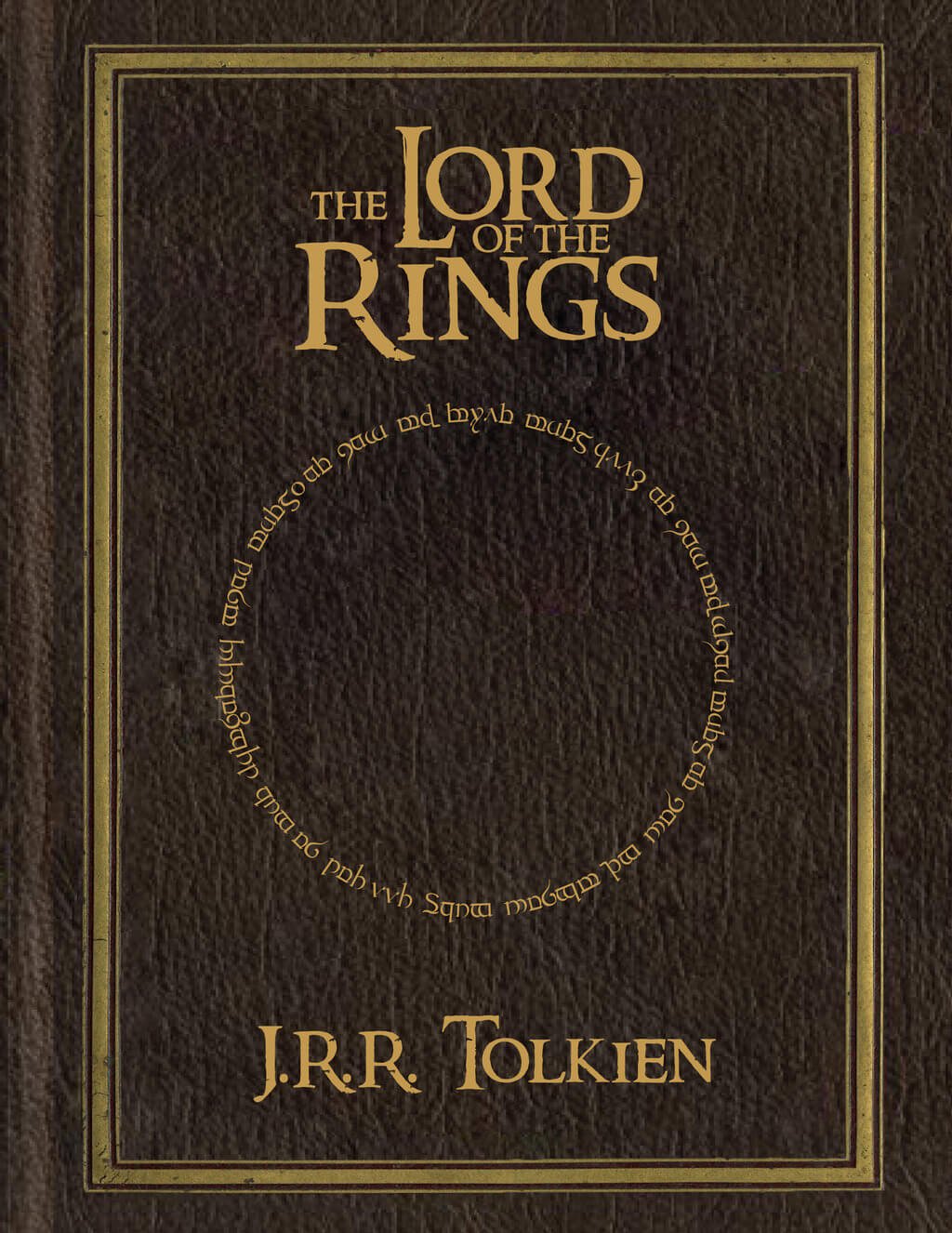
8. Gone With The Wind By Margaret Mitchell
Because the book was way too inspirational, apparently.
She was actually banned by the Nazis. Gone With The Wind inspired the French Resistance (apparently) and the Nazis were too scared that it might spark the Germans too. And the Jewish people, of course.
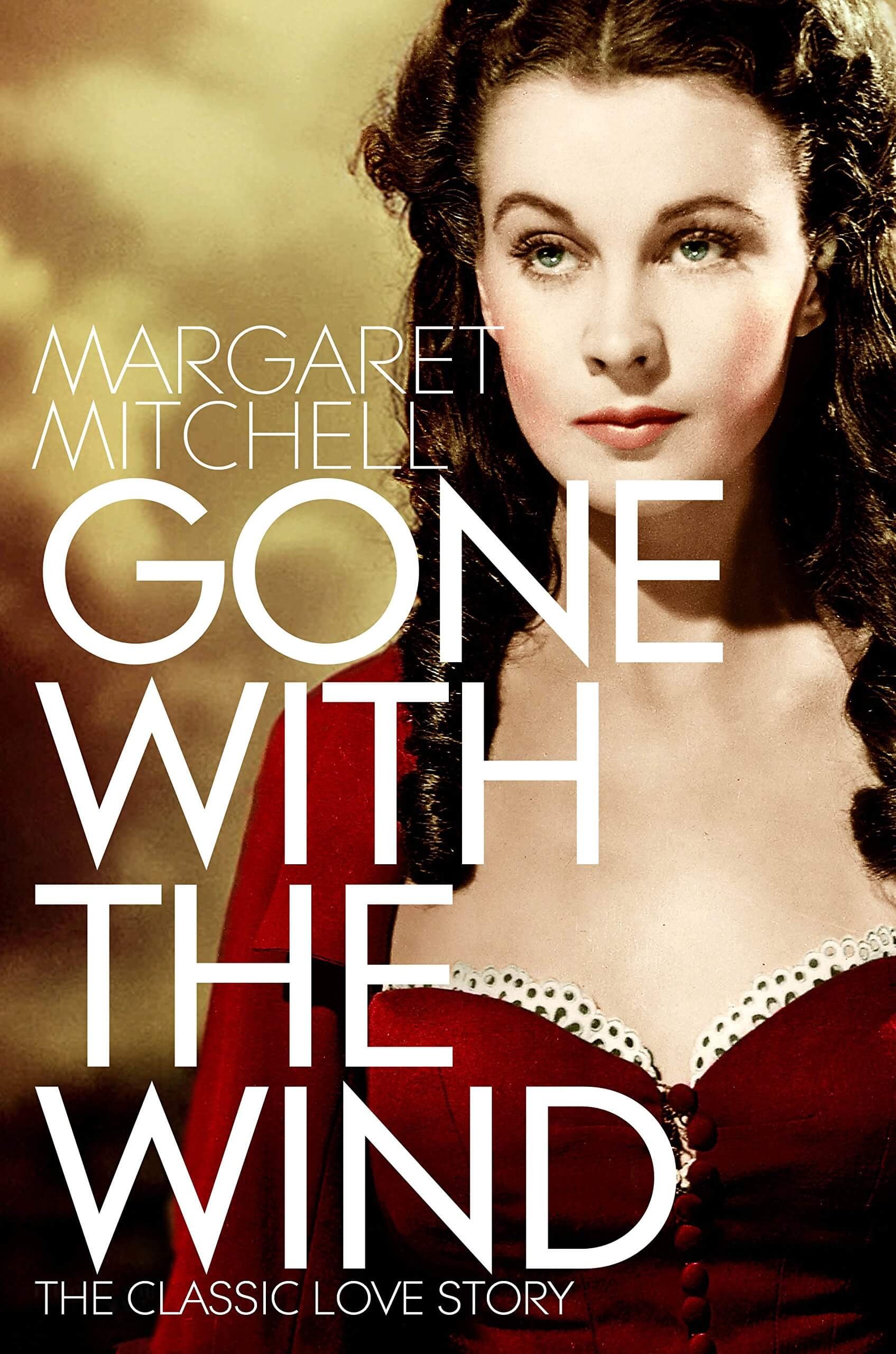
9. Uncle Tom’s Cabin by Harriet Beecher
The American South could not face the brutality they had shown the Blacks. This book is an account of it.
This woman’s Uncle Tom’s Cabin was a revolution of its own. It was one of the firsts to bring to light, the extent of cruelty that slavery brought. It faced censorship, mixed reactions, and a lot of books that were a response to it. Gone With The Wind was one such stubborn response.
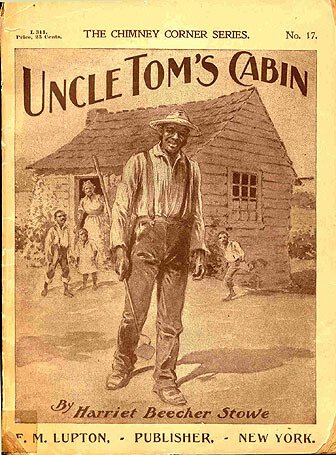
10. The Great Gatsby by F. Scott Fitzgerald
t had too many sexual references.
The brilliance of The Great Gatsby is something that we all realise. But the Baptist College challenged the sexual references and obscenity in the book, which were: ‘son of a bitch’, ‘hell’, ‘damn’. Oh and not to forget, the extramarital affair.
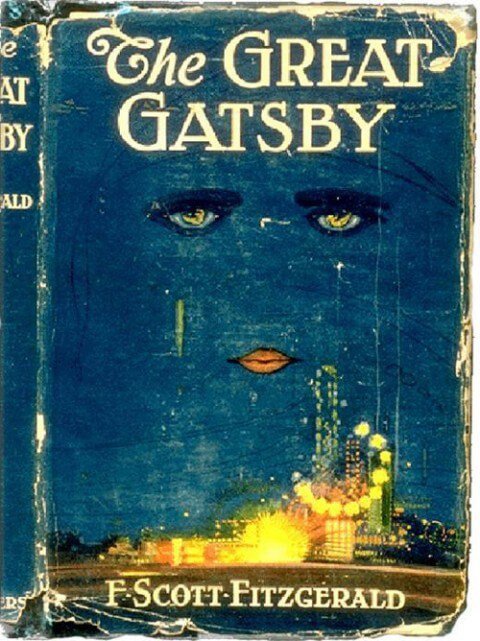
11. The Bluest Eye by Toni Morrison
It gives the wrong idea of beauty, they said. It’s ruining our little girls, they said.
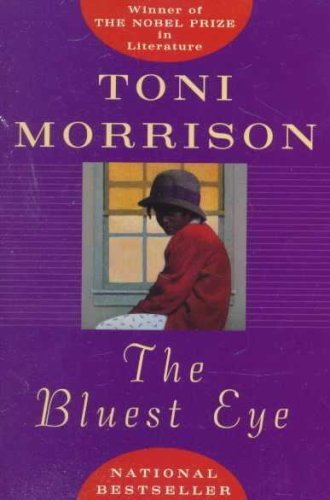
Ernest Hemingway was a war veteran who despised the idea of war. We can’t blame him, it’s not a pretty sight. So, when he chose to write about why it’s fucked, they tried to fuck him over.
